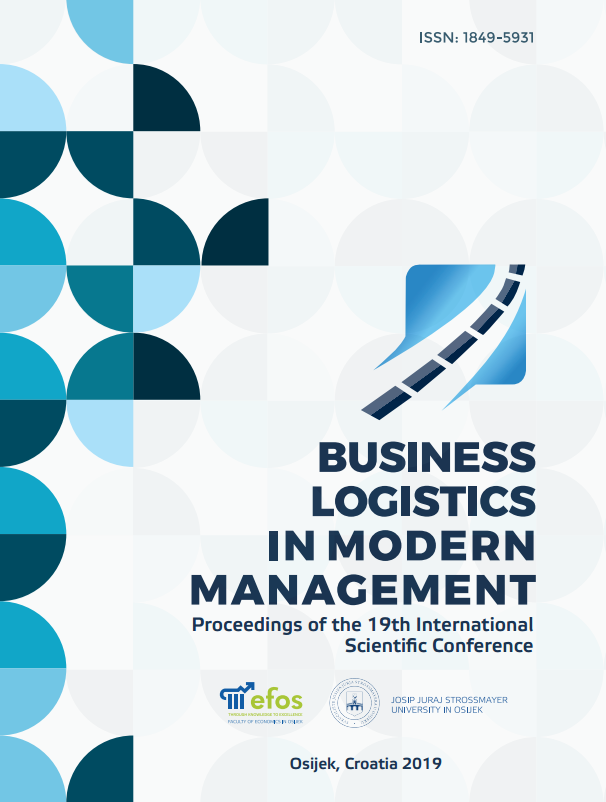SUPPLY CHAIN RISK MANAGEMENT FOR SENSITIVE HIGH VALUE GOODS
Abstract
Vulnerable high value goods require a particular risk-averse transportation along the whole supply chain. Pharmaceuticals and other lifesaving goods, such as medical equipment, are often sensitive to temperate deviations, shocks, delays or other risks that are less influential for consumer goods. Every, sometimes even minor, aberration might result in a significant risk for the end consumer, the patient.
In this article we develop a holistic supply chain risk management concept (SCRM) for vulnerable high value goods. We also apply this concept to evaluate pharmaceutical supply chains. Our approach maps the capabilities and the risks of all participants and their logistical processes, which define the specific supply chain, to a common operations model and ultimately derives a risk score for the entire supply chain.
To evaluate the risk of a certain supply chain for a specific good, the overall chain is modelled using the SCOR (Supply Chain Operations Reference) model, which describes every particular process and activity of a specific supply chain. The capabilities of the supply chain partners, the product-specific and legal requirements, as well as all risks implied by the routing are mapped to the SCOR-based process. Subsequently, all described factors enable the calculation of a single risk indicator for each step along the supply chain. The final model allows for evaluating the overall risk of a planned shipment, given a predefined routing.

